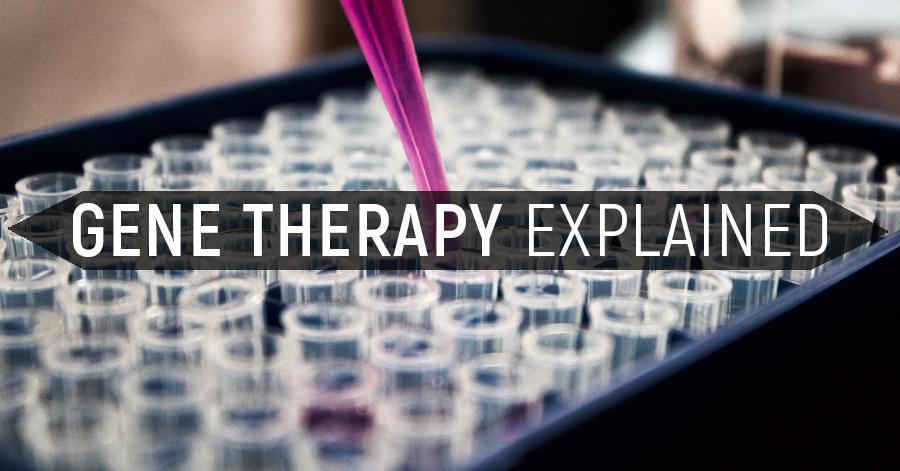One of the more exciting areas of growth within our Life Sciences Division over the year has been the establishment of services designed to support the development of gene therapy. Gene therapy is designed to introduce genetic material into cells to compensate for abnormal genes or to make a beneficial protein. A gene that is inserted directly into a cell usually does not function. Instead, a carrier called a vector is genetically engineered to deliver the gene. Certain viruses are often used as vectors because they can deliver the new gene by infecting the cell. The viruses are modified so they can’t cause disease when used in people. Gene therapy falls into two main categories:
- In vivo: Utilizes a direct injection of the gene therapy vector, carrying the desired gene, into the bloodstream or target organ.
- Ex vivo: Removal of a patient’s cells, treating the cells with gene therapy, and re-infusing them back into the patient.
Originally, gene therapy was focused on replacing a missing or defective gene within patient’s target cells. Gene therapy stalled in the early 2000s as adverse effects came to light associated with the delivery vector. Since that time the advent of safer vectors is enabling gene therapy to become a reality. Recent advances in gene therapy are designed to supplement the body with the production of proteins that can prevent or treat diseases. In other words, what makes gene therapy so exciting is that it offers the possibility of a permanent cure for many debilitating and terminal diseases.
Within our Boston site, Pace Analytical Life Sciences is active in the actual design of the drug formulation of gene therapy candidates. Most of the dosage forms we develop are injectable products that use lipid nano-particles or virus-like particles to deliver the gene to the desired cell for treatment. Some formulations designed to treat lung diseases are inhalation products. Our team in Boston also develops the various analytical methods that are required to test these drugs to ensure they are safe and stable over time.
Once a gene therapy candidate passes the early phase development supported by our Boston team, our Pace Analytical Life Sciences Oakdale operation takes over projects when they are subject to the more stringent FDA requirements, which are supported by the Oakdale Quality System. In 2018 and thus far in 2019, our Oakdale site has greatly expanded our capabilities to support gene therapy projects. We have invested in state of the art analytical equipment such as capillary electrophoresis, ultra-pressure liquid chromatography (UPLC), large molecule time of flight mass spectroscopy, and micro plate readers.
Experts agree that it is a wonderful time to be in the field of gene therapy and that we can look forward to an increase in the number of diseases that are addressed by gene therapy technology. There are as many as 7,000 rare diseases where gene therapy may provide benefit, and each would have to go through a different regulatory process. We’ve only been active in this field at Pace Analytical Life Sciences for just over a year and a half, and the future looks very bright. We are thrilled to be a part of this exciting field that supports our mission to improve human health.
